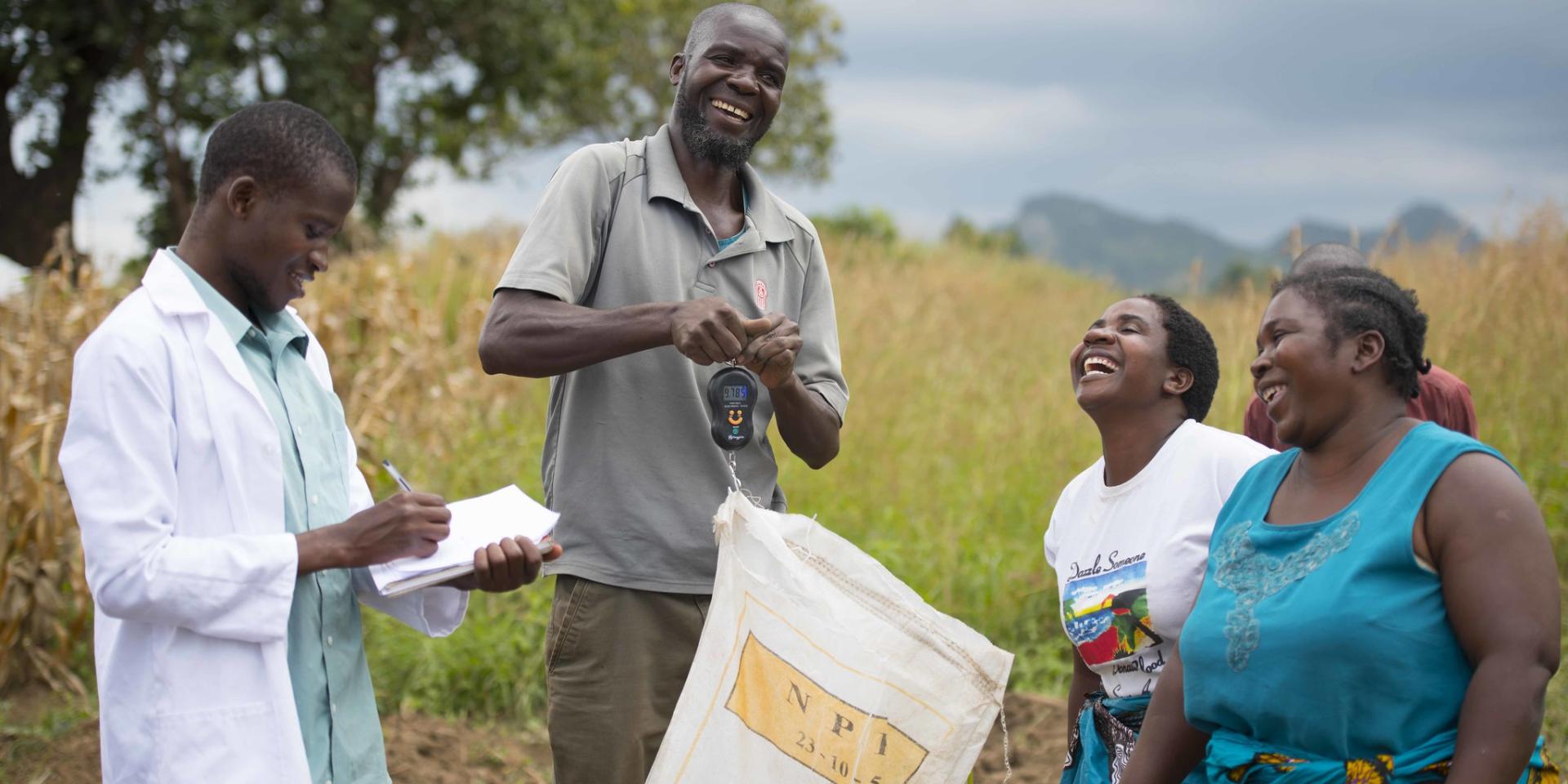Integrating Gender Equality and Inclusion (GEI) for High Quality Research

This self-paced, interactive, bilingual online training course aims to strengthen researchers' capacity to integrate gender equality and inclusion (GEI) principles in their research. The course emphasizes the African experience, drawing on the expertise of primarily Southern-based experts, and focuses on GEI-related concepts, analytical frameworks, methodologies, data gaps, and strategies for inclusion.
This course is in English and French
Why does GEI matter?
Gender equality and inclusion (GEI) is crucial for social justice, human rights, and economic development. However, many researchers lack the knowledge and skills to incorporate GEI into their work, leading to gender-blind research and the exclusion of vulnerable groups. This course aims to address this gap by providing training in a gender and inclusivity perspective, emphasizing intersectional approaches and focusing on various forms of inequality and discrimination.
Who is this course for?
Our GEI research training course is open to all junior and senior researchers, students, university staff, research and civil society organizations, government and private sector research departments, and staff of research funders and multilateral agencies. This course offers a unique blend of multidisciplinary, contextualized, and bilingual content.
Available in both English and French, our comprehensive GEI training course invites researchers worldwide to broaden their understanding and skills in gender equality and inclusion. This course will cover disciplines relevant to IDRC's priority research areas and features African-context case studies.
Course structure
This course consists of 17 modules divided into two parts: a Core GEI Program with seven mandatory modules and ten additional modules tailored to specific research interests. Participants must complete the Core Program to access additional modules and receive certification.
The course platform will facilitate self-paced learning with built-in accessibility tools to accommodate participants with varying internet connections and impairments.
Each module is designed to take approximately 1.5 hours to complete, with participants encouraged to revisit course content and explore recommended readings for thorough learning. Modules cover GEI approaches, research and data gaps, constraints and opportunities for women and girls, persons of diverse identities, and other excluded or vulnerable populations. Topic-related modules are contextualized within IDRC's research program areas, focusing on Climate Action, Democratic and Inclusive Governance, Education and Science, Global Health, and Sustainable Inclusive Economics.